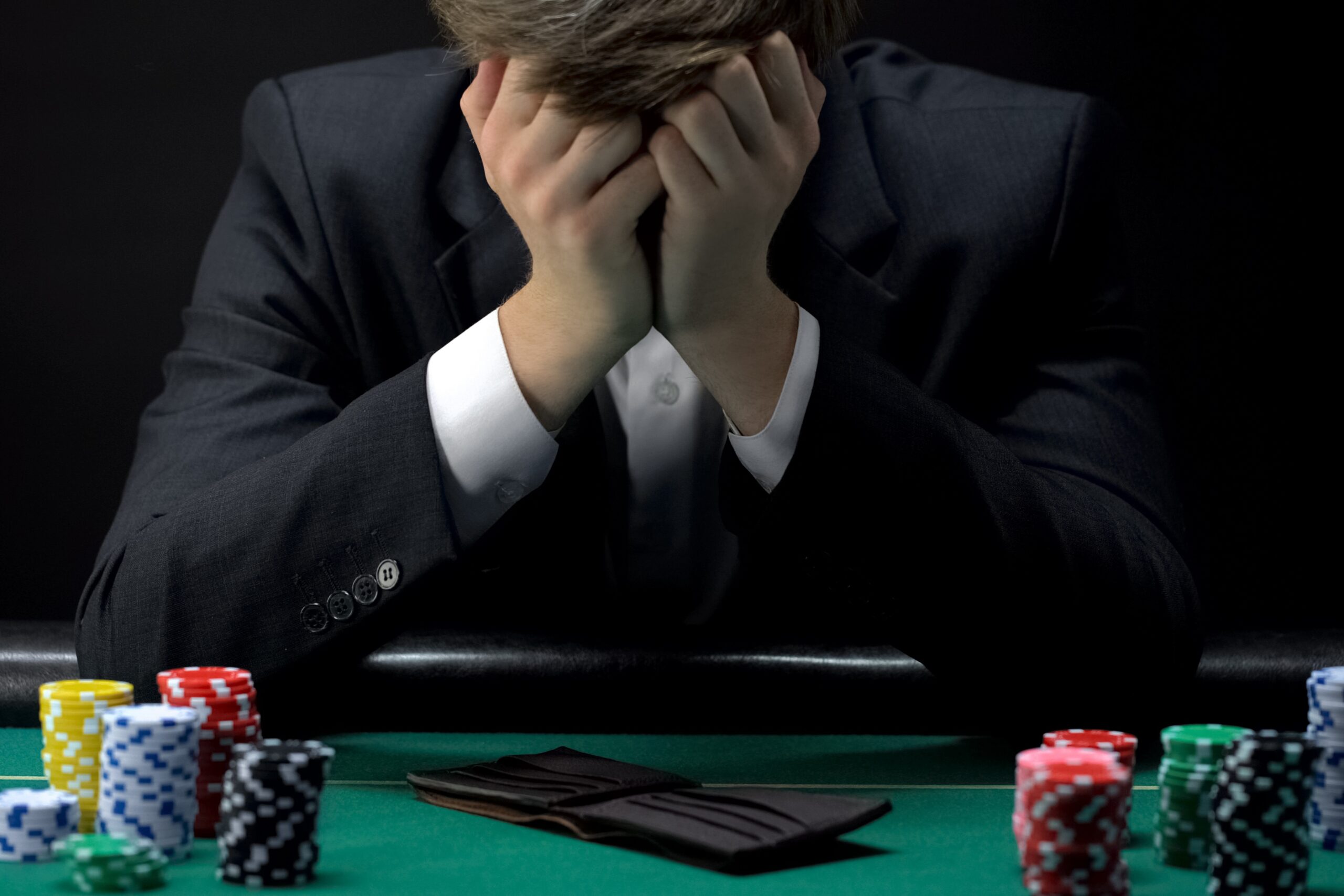Gambling is a popular form of entertainment that involves wagering money or something of value on an uncertain outcome in the hopes of winning a larger amount. There are various forms of gambling, including casino games, sports betting, poker, and lottery. In recent years, the rise of online casinos and gambling platforms has made gambling more accessible than ever before. Online gambling allows individuals to participate in various gambling activities from the comfort of their own homes, using computers, smartphones, or tablets.
Mental Health and Social Activity Considerations in Gambling
Gambling can have a significant impact on mental health, and it is crucial to consider the potential risks involved. For some individuals, gambling can be a source of excitement and enjoyment. However, for others, it can lead to the development or exacerbation of mental health issues such as anxiety, depression, and mood disorders. The adrenaline rush and the high stakes can create a cycle of addiction and impulsive behavior, ultimately affecting one’s emotional well-being. It is essential to approach gambling with caution, ensuring that it does not become a harmful coping mechanism or an unhealthy obsession.

Mental Health Impact of Gambling
Gambling can have a significant impact on mental health, particularly when it escalates into problem gambling. This occurs when an individual becomes addicted to the thrill and excitement of gambling, leading to altered brain chemistry and addictive behaviors that are difficult to break.
Problem gambling can disrupt the brain’s reward system, causing an increased release of dopamine, a neurotransmitter associated with pleasure and reward. This heightened dopamine response can create a cycle of addiction, wherein individuals feel compelled to gamble more frequently and at higher stakes to experience the same level of satisfaction. Over time, this can lead to a dependency on gambling as a source of pleasure and a diminished ability to find joy in other activities.
The potential risks associated with gambling extend beyond the individual’s mental health. Studies have shown that individuals who engage in gambling during their teenage years have a higher risk of developing gambling problems in adulthood. Additionally, teenagers who gamble are more likely to engage in harmful behaviors such as substance abuse and delinquency.
Several signs indicate gambling may be causing harm to an individual’s mental health. These include sleepless nights, feeling out of control when gambling, accumulating unpayable debts, and hiding gambling activity from loved ones. Recognizing these signs is essential to intervene and seek the necessary support and treatment.
Role of Social Activity in Gambling
Social activity plays a significant role in shaping gambling behaviors, particularly among children and young people. Socio-cultural factors, family members, and peers all influence an individual’s attitudes and participation in gambling activities.
Family members, especially parents, are often children’s first formal contact with gambling. When parents engage in gambling behaviors, they unintentionally normalize gambling as a recreational activity. Research shows that children with parents who gamble are more likely to start gambling at a younger age and develop higher rates of gambling as they grow older.
Peers also play a crucial role in influencing young people’s gambling attitudes and behaviors. Peer-based gambling provides a social context that can make gambling seem more acceptable and normal. When young individuals perceive gambling to be popular among their peers, they may feel compelled to participate to fit in and gain social acceptance. This perceived popularity factor increases the likelihood of young people engaging in gambling activities.
Socio-cultural factors such as cultural norms and societal values also contribute to the role of social activity in gambling. In societies where gambling is highly prevalent and socially accepted, children may be more exposed to gambling at a young age, further normalizing the behavior and increasing their likelihood of engaging in gambling activities.
To address the potential negative influence of social activity on gambling behaviors, it is important to educate children, parents, and society as a whole about the risks and consequences associated with gambling. This includes promoting responsible gambling messages and providing support and resources for individuals and families affected by gambling addiction.
Responsible Gambling Practices
In the world of gambling, it is essential to prioritize responsible gambling practices. These practices are designed to promote a safe and enjoyable experience for all players while mitigating the potential risks associated with gambling. Responsible gambling involves several important considerations, including maintaining control over one’s gambling activity, setting limits, and being aware of the potential for addiction. It also involves understanding the odds of winning and losing, as well as the impact of gambling on mental health. By adopting responsible gambling practices, individuals can ensure a positive and enjoyable gambling experience while minimizing the potential negative consequences.
Victorian Responsible Gambling Foundation
The Victorian Responsible Gambling Foundation is an organization dedicated to promoting responsible gambling practices in the Australian state of Victoria. With a focus on prevention and support, the foundation plays a crucial role in addressing the potential harms associated with gambling.
One of the main objectives of the foundation is to educate the public about the risks and consequences of gambling. Through various educational initiatives, they aim to increase awareness and understanding of responsible gambling practices. This includes providing information about the odds of winning, the potential financial impact of gambling, and strategies to maintain control and make informed decisions.
In addition to education, the foundation also offers support to individuals affected by gambling-related harm. They operate a helpline, which provides confidential and free counseling services to those struggling with gambling addictions or experiencing negative impacts from their gambling activities. The helpline is staffed by trained professionals who can offer advice, guidance, and referrals to specialized treatment services.
The Victorian Responsible Gambling Foundation implements several programs and initiatives to promote responsible gambling behaviors. These include public awareness campaigns, partnerships with gambling venues and industry stakeholders, and research projects to better understand the patterns of gambling behavior and the effectiveness of prevention strategies. By collaborating with various organizations and communities, the foundation strives to create environments that support responsible gambling practices and minimize the risks associated with gambling.
Overall, the Victorian Responsible Gambling Foundation is committed to raising awareness, providing support, and implementing effective programs to prevent and address gambling addiction in Victoria. Through their efforts, they aim to create a safer and more responsible gambling environment for individuals across the state.

Conclusion
In conclusion, a comprehensive approach to preventing harm from gambling products is essential, involving educational initiatives, legislative measures, stricter marketing regulations, government responsibility, and ongoing research and advocacy efforts. Only by addressing all these aspects can we create a safer gambling environment for individuals and minimize the risks associated with gambling.

 Unlocking Victory: Proven Ways to Win in Sports Betting
Unlocking Victory: Proven Ways to Win in Sports Betting  Scoring Big: Exploring the Benefits of Sports Betting
Scoring Big: Exploring the Benefits of Sports Betting  Cracking the Code: Winning Tips for Sports Betting Success
Cracking the Code: Winning Tips for Sports Betting Success  Experience the Future of Gaming: Why You Should Dive into Online Casinos
Experience the Future of Gaming: Why You Should Dive into Online Casinos  Considerations When Playing Online Casino Games
Considerations When Playing Online Casino Games  Online Casinos: What You Should Know
Online Casinos: What You Should Know  Unleashing the Thrills: The Extra Excitement of Online Casino Play
Unleashing the Thrills: The Extra Excitement of Online Casino Play  Unveiling the Thrill: Why Gambling is a Must-Try for Fun and Excitement
Unveiling the Thrill: Why Gambling is a Must-Try for Fun and Excitement  Key Considerations for a Successful Gambling Experience
Key Considerations for a Successful Gambling Experience 

